Ever notice the water in your swimming pool decreases over time? Don’t worry, the gradual loss of water in your swimming pool is expected and a universal occurrence. The loss of water in your pool can occur for many reasons: wind, evaporation, water leak, poor pool construction, frequent backwashing, and water that splashes out of the pool. In past years, pool owners had to monitor their pools to ensure the water was at safe levels for equipment operation. Luckily for us, there are now more efficient and easier ways to do this. Automatic swimming pool water leveler systems were designed for this very reason.
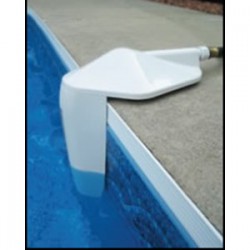 Water loss can be detrimental to your pool once it becomes extreme. First, water loss can shift the balance of pool chemistry and ultimately affect the cleanliness and quality of your water.
Water loss can be detrimental to your pool once it becomes extreme. First, water loss can shift the balance of pool chemistry and ultimately affect the cleanliness and quality of your water.
Additionally, water loss can cause damage to the rest of your pool equipment once it drops below the skimmer inlets and air is sucked into the system. Pool owners may not recognize the loss until the problems become advanced because water loss can be very gradual.
Automatic swimming pool water leveler systems are designed to automatically adjust the water level of swimming pools. A pool leveler is a great addition that protects your investment. Many leveler systems simply connect to a residential garden hose while others come with their own control box and solenoid valve.
Leveler systems have a float mechanism that monitors water levels. Once it gets too low, water is automatically added to the pool until it reaches safe levels again. This rids the need for pool owners to check their pool weekly for water loss. Some leveler systems are designed to have dual fills. If you own a pool and a spa, you now can purchase one automatic fill system that will monitor both.
Conserves Power
- Because water levels are automatically controlled, the amount of electrical energy used is limited.
- Less water and power used to regulate the water supply
Saves Money
- Conserved power = Saved money
- Water regulation is optimized through leveler systems
- Wasted water and power is kept at minimum
- Tons of saving over years from equipment and chemical preservation
Saves Time
- Because it is automatic, it diminishes the need to check water levels weekly
- Works on its own with automatic sensors
Water Usage
- Leveler systems maximize water usage
- Often times pumps get more use during the day allowing the leveler system to provide more water throughout the day than at night.

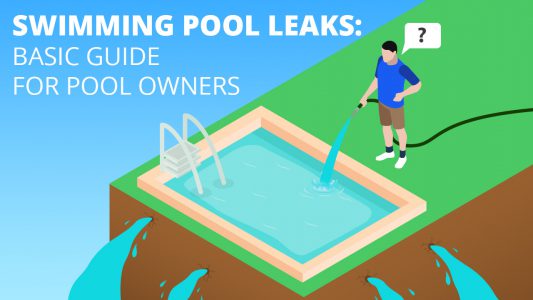
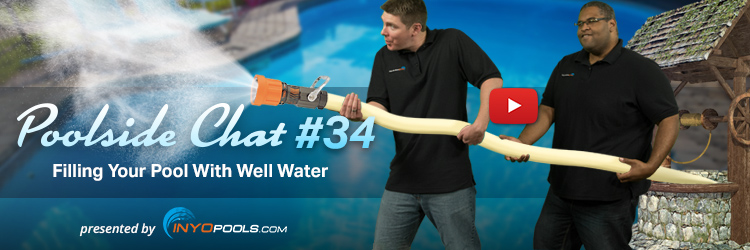
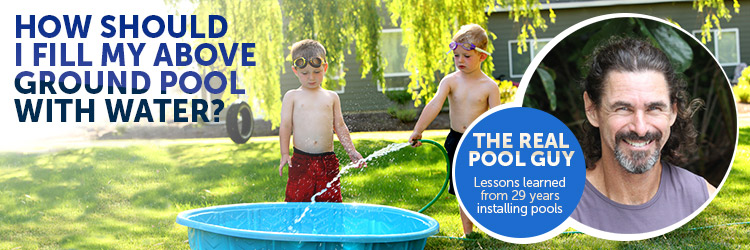
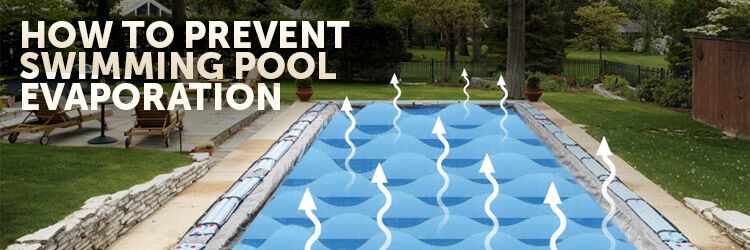






Would like to switch from a single speed pump motor to a variable speed pump. What factors would I need to know for the right variable speed pump?
One of the first things I would like to know is your current motor’s horsepower. There are variable speed motors that have a max HP of 1.65 or 2.7 HP;for example, it would be smart and more cost efficient to get the smaller motor if you only currently have 3/4 HP wish to keep it at that current max flow rate. It is equivalent to putting Corvette engine in a mini cooper.
I would also check the voltage to determine what you currently run to your pump. If you only have 115 voltage but the variable speed size you need is only available at 230 then we want to know that before buying a motor we can’t use.
Hi Neil we have a really good article on Determining if a Variable Speed Pool Pump is Right for You which should help you make your decision.